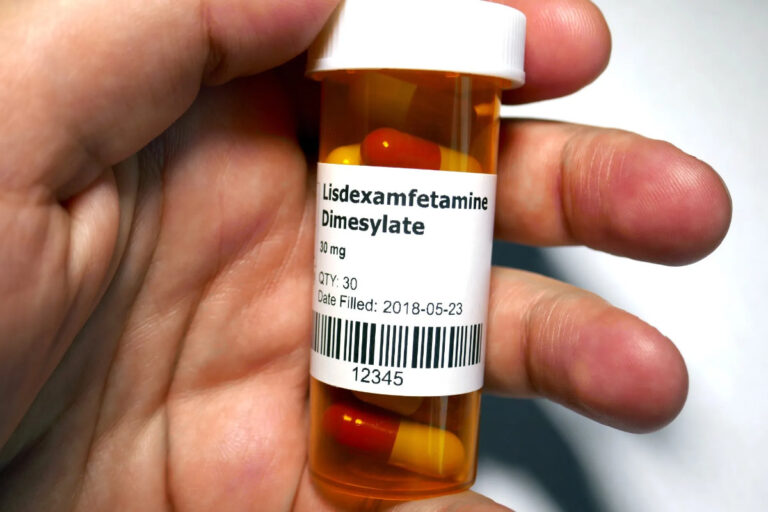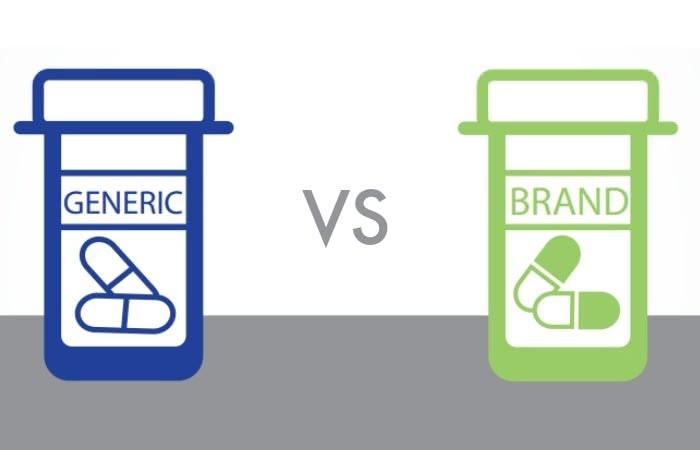Can Psychiatrists Prescribe Modafinil?
Modafinil is a prescription medication used to promote wakefulness in people who struggle with excessive daytime sleepiness. It is FDA-approved for narcolepsy, obstructive sleep apnea (OSA), and shift work disorder (SWD) (U.S. Food and Drug Administration, 2015). Because psychiatrists specialize in mental health and brain-related conditions, many patients wonder if they can prescribe modafinil for issues like fatigue, depression, or ADHD. Psychiatrists do have the authority to prescribe modafinil, but they consider several important medical and ethical factors before doing so. Understanding when and why psychiatrists prescribe this medication, along with its risks, can help patients make informed decisions.
What Is Modafinil?
Modafinil is a central nervous system stimulant with wakefulness-promoting effects. It works differently from traditional stimulants such as amphetamines. Researchers believe it mainly acts by weakly inhibiting dopamine reuptake, and it may also influence neurotransmitters like norepinephrine, serotonin, orexin, and histamine (Greenblatt & Adams, 2023).
FDA-approved uses
The FDA has approved modafinil for three conditions in adults (U.S. Food and Drug Administration, 2015):
- Narcolepsy (daytime sleepiness, not cataplexy)
- Obstructive sleep apnea, as an add-on to continuous positive airway pressure (CPAP)
- Shift work disorder
Off-label uses
Some doctors prescribe modafinil for other conditions, but evidence is mixed:
- Attention-deficit hyperactivity disorder (ADHD) – studies have not consistently shown benefit in adults (Greenblatt & Adams, 2023).
- Depression and bipolar disorder – sometimes used to help with fatigue during depressive episodes.
- Fatigue related to multiple sclerosis or cancer – results vary across studies.
- Cognitive enhancement in healthy individuals – not FDA-approved, with unclear long-term safety (Greenblatt & Adams, 2023).
Can Psychiatrists Prescribe Modafinil?
Yes, psychiatrists are licensed physicians and can prescribe modafinil. While sleep specialists and primary care doctors also prescribe it, psychiatrists may consider modafinil when fatigue, concentration problems, or sleep disruption significantly affect mental health.
However, psychiatrists are cautious because modafinil is a Schedule IV controlled substance, meaning it has some potential for misuse, though less than drugs like amphetamines (Preuss et al., 2025). They must balance the possible benefits against risks such as psychiatric side effects, misuse, and drug interactions.
Factors Psychiatrists Consider Before Prescribing
1. Psychiatric history
Modafinil can trigger or worsen psychiatric symptoms, including anxiety, mania, hallucinations, or aggression (U.S. Food and Drug Administration, 2015). Psychiatrists are especially careful in patients with a history of psychosis or bipolar disorder.
2. Side effects and risks
Common side effects include headache, nausea, and insomnia. Serious but rare risks include Stevens-Johnson syndrome, toxic epidermal necrolysis, and multiorgan hypersensitivity reactions (U.S. Food and Drug Administration, 2015).
3. Substance use history
Although the risk of addiction is low, modafinil can still be misused. Psychiatrists assess patients for past stimulant misuse or substance use disorders before prescribing (Preuss et al., 2025).
4. Off-label requests
Patients sometimes ask for modafinil for ADHD or fatigue. Psychiatrists rely on evidence and clinical judgment, but off-label prescribing is less common unless other options have failed (Greenblatt & Adams, 2023).
The Process of Getting a Prescription
Initial assessment
A psychiatrist will review sleep patterns, daily functioning, and overall mental health before deciding on modafinil.
Medical tests
If there are heart concerns or psychiatric risks, doctors may order an ECG or lab work before prescribing (U.S. Food and Drug Administration, 2015).
Dosage
The standard dose is 200 mg once daily for narcolepsy or OSA, and one dose taken an hour before work for SWD (U.S. Food and Drug Administration, 2015). Lower doses may be used in older adults or those with liver problems.
Follow-up
Patients usually have follow-up visits to monitor side effects, response, and continued need for the drug.
Insurance coverage
Insurance typically covers modafinil only for FDA-approved uses. Off-label prescriptions may not be reimbursed, leaving patients to pay out of pocket.
Ethical Considerations
Some psychiatrists receive requests for modafinil purely for cognitive enhancement. Research shows most are reluctant to prescribe it in healthy individuals due to safety concerns, fairness issues, and the lack of long-term evidence (Greenblatt & Adams, 2023). Psychiatrists are guided by the principle of prescribing medications only when the benefits clearly outweigh the risks.
How to Talk to Your Psychiatrist About Modafinil
- Explain your symptoms clearly (e.g., excessive sleepiness, poor focus).
- Provide your full medical and psychiatric history.
- Ask about risks and side effects.
- Discuss alternatives. Psychiatrists may recommend behavioral strategies, sleep hygiene, or other medications first.
- Clarify dosing and monitoring. Understand what dose is recommended and how follow-up will work.
FAQ
Can I take modafinil at night?
No, modafinil is designed to promote wakefulness. Taking it at night usually causes insomnia unless prescribed specifically for night-shift workers (U.S. Food and Drug Administration, 2015).
Does modafinil cure sleep apnea?
No, modafinil treats the sleepiness caused by sleep apnea but does not correct the airway obstruction. Continuous positive airway pressure (CPAP) is the standard treatment (U.S. Food and Drug Administration, 2015).
Is modafinil addictive?
Modafinil has a lower risk of dependence than many stimulants, but misuse can still occur. Psychiatrists screen for substance use risk before prescribing (Preuss et al., 2025).
Can psychiatrists prescribe modafinil for ADHD?
They can, but it is not FDA-approved for ADHD, and studies show mixed results. It is usually considered only when standard ADHD medications are not suitable (Greenblatt & Adams, 2023).
References
- Greenblatt, K., & Adams, N. (2023, February 6). Modafinil. In StatPearls [Internet]. StatPearls Publishing. https://www.ncbi.nlm.nih.gov/books/NBK531476/
- Harpaz-Rotem, I., & Rosenheck, R. A. (2006). Prescribing practices of psychiatrists and primary care physicians caring for children with mental illness. Child: Care, Health and Development, 32(2), 225–237. https://doi.org/10.1111/j.1365-2214.2006.00588.x
- Preuss, C. V., Kalava, A., & King, K. C. (2025, July 6). Prescription of controlled substances: Benefits and risks. In StatPearls [Internet]. StatPearls Publishing. https://www.ncbi.nlm.nih.gov/books/NBK537318/
- U.S. Food and Drug Administration. (2015). PROVIGIL® (modafinil) tablets, for oral use, C-IV [Prescribing information]. U.S. Department of Health and Human Services. https://www.accessdata.fda.gov/drugsatfda_docs/label/2015/020717s037s038lbl.pdf








